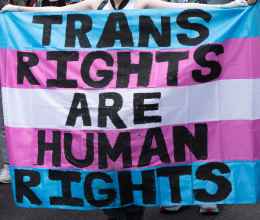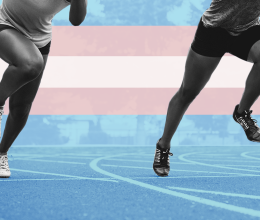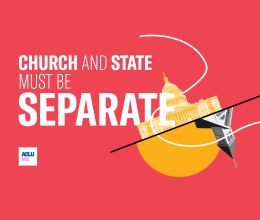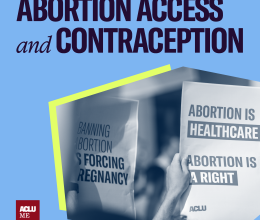
Maine lawmakers are considering bills that would ban transgender students from participating in school sports. These directly contradict the principles outlined in the Maine Human Rights Act and the values that define our state.
The federal government sued Maine in mid-April for including transgender students in school sports. As that consumes the headlines, important activity is also happening at the State House. There are currently three bills that would either ban transgender girls from school sports, ban trans and non-binary students from using the bathrooms and locker rooms that align with their gender identity, or both.
Take action: Ask lawmakers to protect trans kids
Maine is a proudly independent place where all people aspire to live true to themselves without government interference. These Maine values are reflected in current Maine law. But these three bills would upend decades of protections for LGBTQ students and open the door to attacks on bodily autonomy and privacy for other groups.
The Maine Human Rights Act was first adopted in 1971. It was expanded in 2005 to include gender identity under the definition of sexual orientation, ensuring all students can participate fully in school life – including school sports – without fear of discrimination. A referendum to repeal this expansion in 2005 was defeated by 20 points. Maine voters have demonstrated multiple times that our state holds a strong commitment to providing safe, inclusive environments for all children.
Trans athlete bans undermine these longstanding protections that were passed by Maine lawmakers and reaffirmed by Maine voters. These bills open the door to invasive scrutiny of children's bodies based on how they look or are perceived. This would create harmful and exclusionary school climates. This is a blatant and dangerous rollback of the values Mainers have championed for decades.
In Maine, we take our freedoms seriously. Our state's commitment to privacy and individual rights, from reproductive freedom to marriage equality, consistently supports the idea that all people should have control over their bodies and their lives, without interference.







